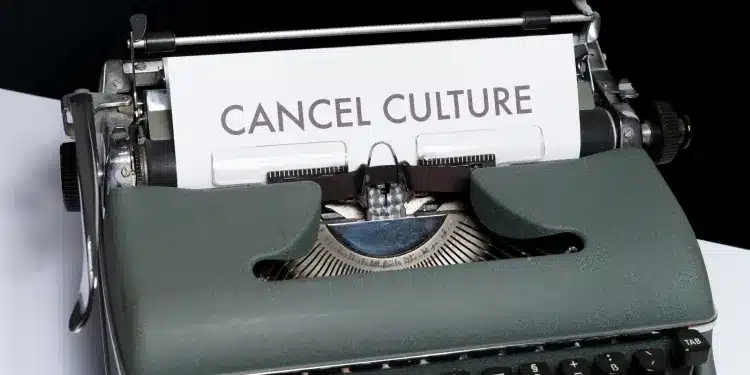With the advancement of social media like Twitter and TikTok, it is very easy for normal people to skyrocket to fame. However, just as easy it is to become the next hot influencer, it is also easy to be “cancelled” and lose your following and platform due to cancel culture.
What is cancel culture?
The word “cancel” holds a different meaning and use today than it did ten years ago. While its implications and concept remain the same, many young social media users now use the word “cancelled” to brand an influencer or celebrity as no longer deserving of support.
Cancel culture refers to the hundreds and thousands of people who actively campaign to get rid of the platforms and support of “problematic” influencers. A prime example would be R. Kelly and the recent exposure of his alleged sex crimes. After R. Kelly was put on trial, many of his fans and supporters “cancelled” and stripped him of his title as the King of R&B.
How effective is it?
Cancelling celebrities was effective in the early stages of cancel culture. Celebrities were mostly cancelled for very serious issues such as sex crimes and extremely racist behaviours. When celebrities and influencers are doxxed, they lose partnerships, collaborations, and job opportunities because big companies and other influencers do not want to associate themselves with racist, homophobic and misogynistic people.
Cancelled celebrities also convey a message to others to be wary of their own actions and the consequences that they may bring.
Can cancel culture be harmful?
Many people like, agree with, and even participate in “cancel culture”, but others find it to be a mob mentality that hurts others rather than helping. Along with comments of disapproval, there are also death threats that are sent to creators that draw a thin line between cancellation and cyberbullying. As cancel culture began to grow, “cancellation” not only applied to serious crimes, but also to very minor offenses.
Some people even dug up old tweets and social media posts of influencers from 5+ years ago with ignorant thoughts or offensive slurs. Even if the posts were from 10 years ago, they emailed the posts to high schools, universities, and jobs in order to get that person expelled or fired.
The problem
This creates an issue because it implies that people cannot grow, change, and learn from their past mistakes. Cancel culture does not give people a chance at growth or forgiveness even when it comes to mistakes from their adolescent years. It is important that when people make mistakes, they deal with the consequences and learn from the situation.
While Cancel culture may bring light to these issues it is also important to think about the long term effects that it may bring to youth who are still growing and learning from their mistakes. Find out more about cancel culture and its pros and cons with Jubilee’s discussion.
Questions about cancel culture to discuss:
- Do the cons outweigh the pros?
- How different is cancellation from cyber bullying?
- How can influencers learn their lesson without being completely doxxed from their platforms?



Get involved!
Comments